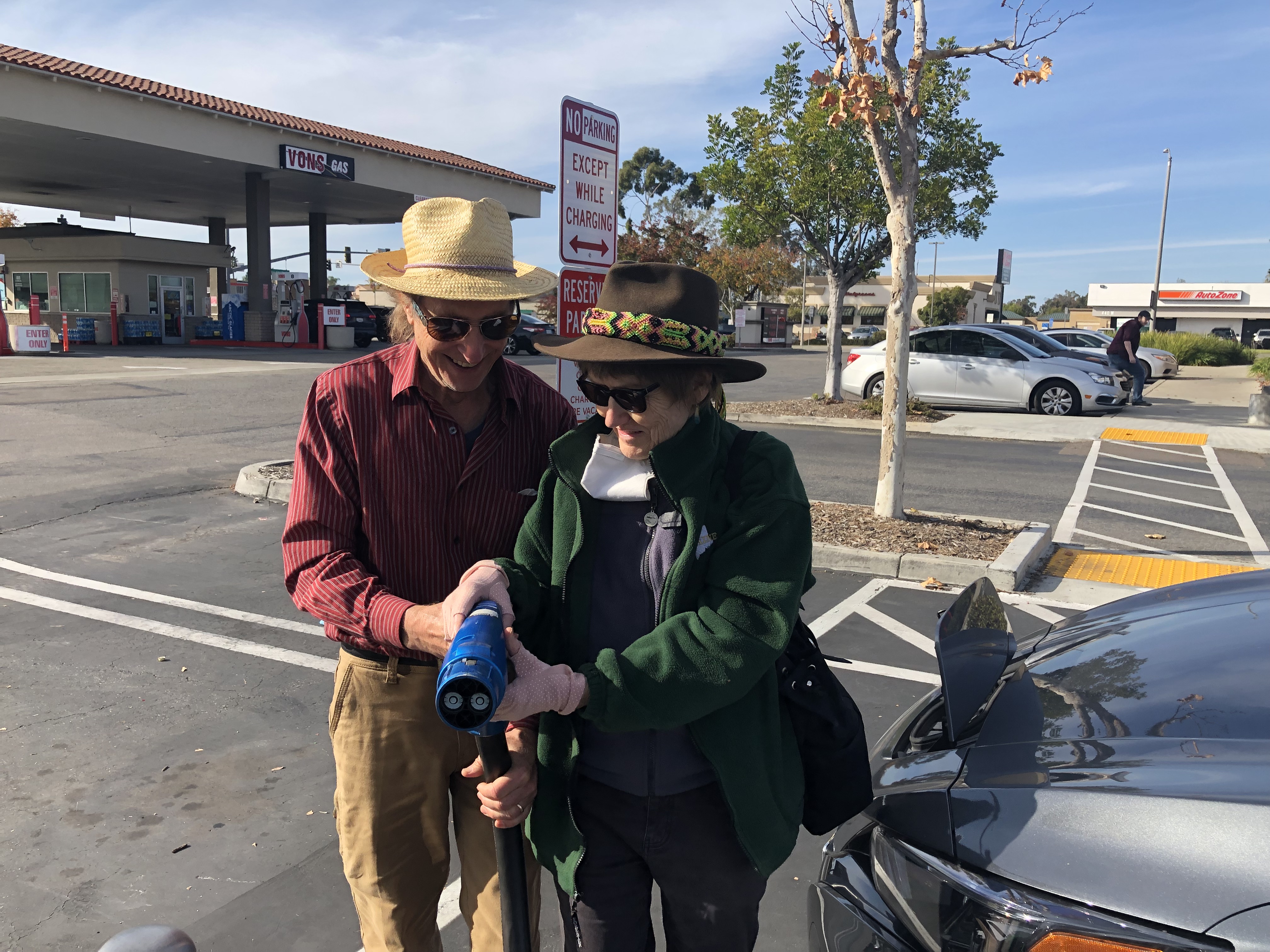RCA Seeks Comments on 'EV Rate Filings'

Alaska is starting to build out a network of fast chargers that will eventually allow electric vehicle owners to charge relatively quickly on the road — making possible a number of things that are difficult or impossible now with EVs: long commutes or road trips on the connected road system, charging for those that can't charge at home, quick top-ups if one's day doesn't go as planned.
However, high electricity demand charges for peak power use of these stations, which use large amounts of power but in the beginning may be infrequently used, have made the business case for charging station owners nearly impossible.
To help solve this problem, in October 2021 the Regulatory Commission of Alaska approved an inception rate formula for removing these demand charges. The new rate is determined by the demand (per kilowatt) and energy (per kilowatt hour) parts of the utility's existing rates, as well as an assumed load factor.
For more details on how this works, ACEP's Michelle Wilber wrote a calculator to explore the effect of this formula. Reach Wilber directly at mmwilber@alaska.edu.
Each utility was required to propose and support an assumed load factor as part of its tariff filing proposing a direct-current fast charger inception rate for RCA approval. These filings are now available for public review and comment at http://rca.alaska.gov/RCAWeb/WhatsNew/PublicNoticesComments.aspx. The range of assumed load factors and resulting inception rates in these filings is large.


